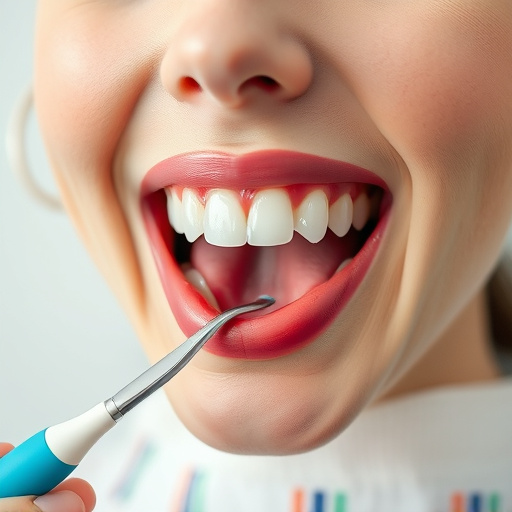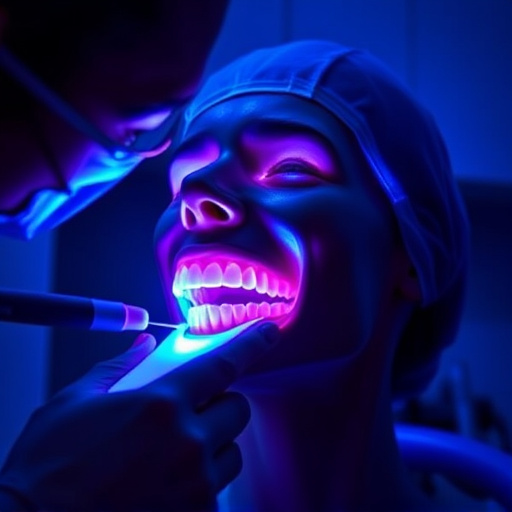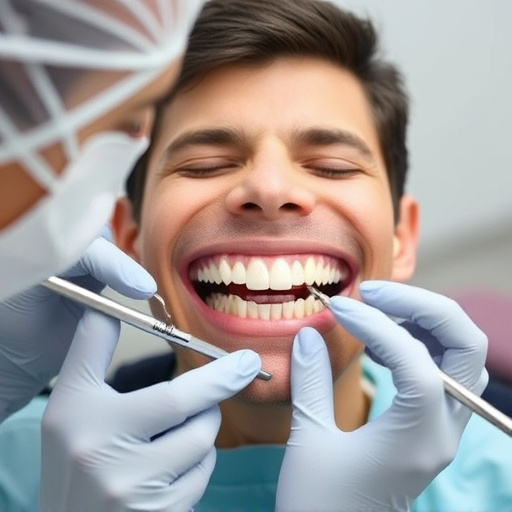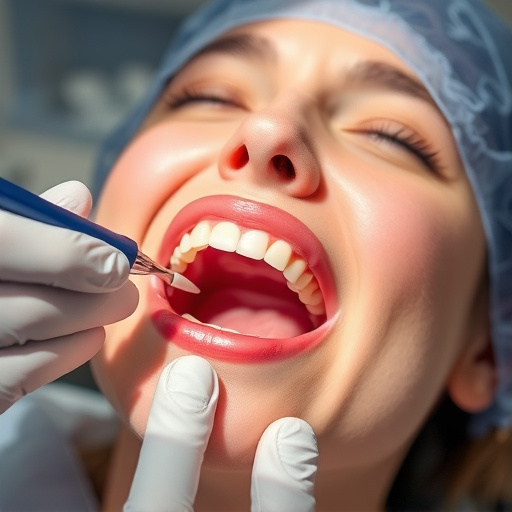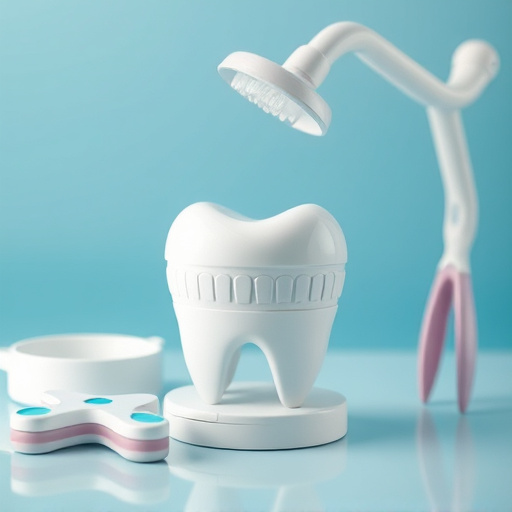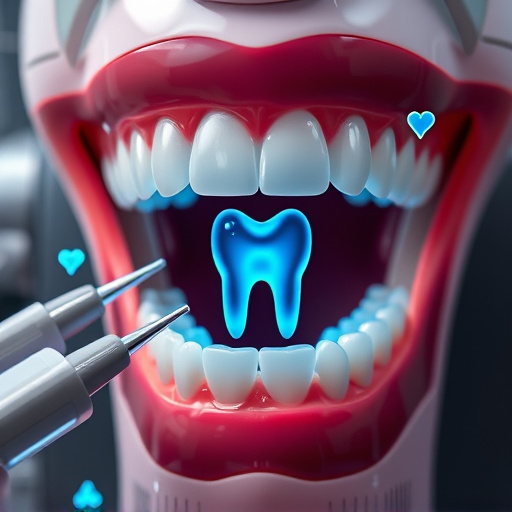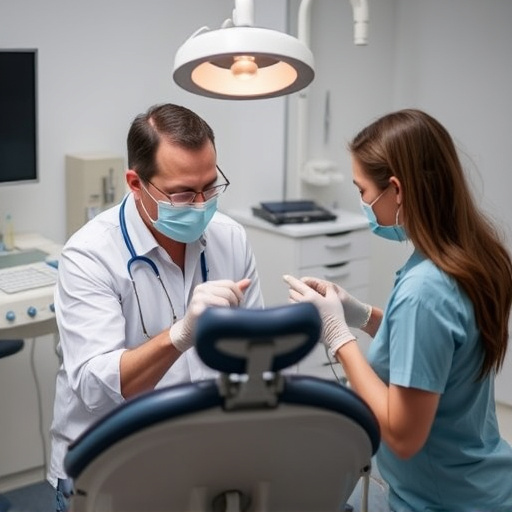Emergency dental issues can significantly impact life quality, but prompt attention is crucial. Preventive dental care, including regular checkups and cleanings, detects minor problems early, avoiding complex complications. This proactive approach minimizes emergency interventions, promotes long-term comfort, and saves costs. By focusing on preventive dental care, individuals reduce the risk of chronic pain, disfigurement, and expensive treatments.
Emergency dental care is often a necessity, but it’s also a key strategy for preventing long-term pain and preserving oral health. This article explores the interconnectedness of immediate dental attention and routine preventive care in mitigating future discomfort. We’ll delve into common dental emergencies and their impact on overall oral health, emphasizing the importance of understanding when to seek immediate assistance. By adopting a proactive approach through regular check-ups and diligent prevention, individuals can avoid unnecessary, prolonged pain.
- Understanding Emergency Dental Care: When to Seek Immediate Attention
- The Role of Regular Preventive Dental Check-ups in Long-Term Pain Prevention
- Common Dental Emergencies and Their Impact on Future Oral Health
Understanding Emergency Dental Care: When to Seek Immediate Attention
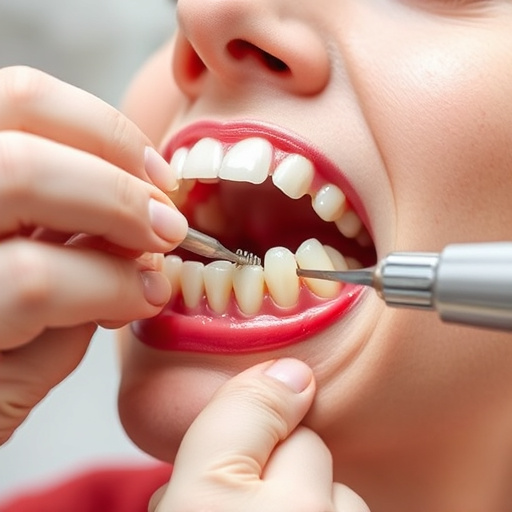
Emergency dental care is crucial for addressing acute oral health issues that can significantly impact your quality of life if left untreated. Understanding when to seek immediate attention is key in preventing unnecessary long-term pain. Conditions such as severe toothaches, oral infections, broken teeth, or facial injuries require prompt evaluation and treatment. Ignoring these issues can lead to more complex problems, including abscesses, nerve damage, and even the need for extensive procedures like dental cleanings, tooth extractions, or dental fillings down the line.
Regular preventive dental care plays a vital role in identifying potential issues early on. Visiting your dentist for routine checkups and cleanings allows for the detection of minor problems that can be easily treated, avoiding more severe complications later. By staying proactive with your oral health, you can minimize the need for emergency interventions, ensuring long-term comfort and saving time and money in the process.
The Role of Regular Preventive Dental Check-ups in Long-Term Pain Prevention
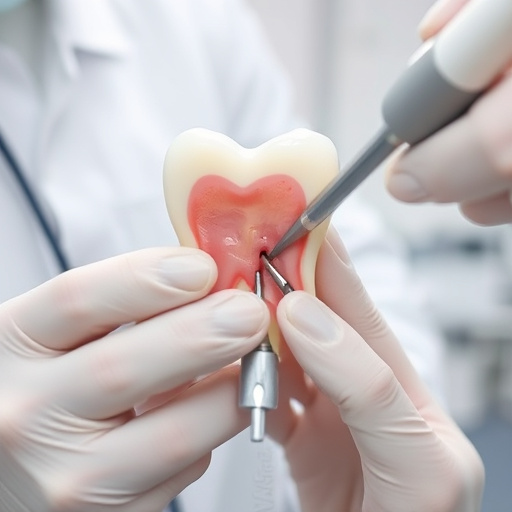
Regular preventive dental care plays a pivotal role in long-term pain prevention by addressing issues early before they become severe. It involves routine check-ups and teeth cleaning sessions that not only maintain oral hygiene but also detect potential problems like tooth decay, gum disease, or even cancerous growths at their nascent stages. Early intervention is key; minor treatments like dental fillings or simple procedures like scaling can often prevent the need for more complex and painful interventions such as tooth extractions in the future.
Preventive dentistry also extends beyond routine check-ups to include educational components that empower individuals with knowledge about proper oral hygiene practices. Regular visits to the dentist help build a comprehensive understanding of how to maintain healthy teeth and gums, reducing the likelihood of developing conditions that could lead to chronic pain or disfigurement. This proactive approach is not just cost-effective but also ensures a higher quality of life by keeping long-term pain at bay, making it an essential component of any holistic health strategy.
Common Dental Emergencies and Their Impact on Future Oral Health
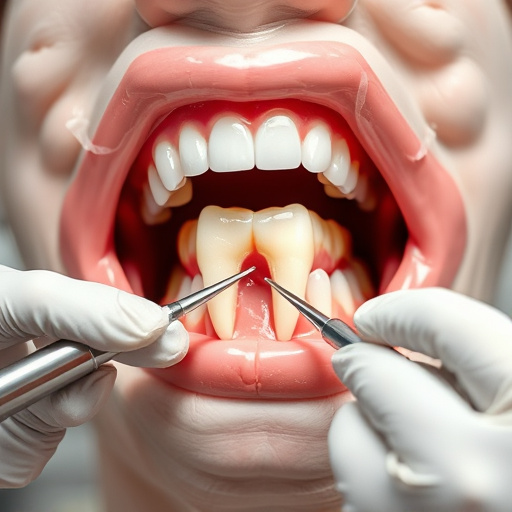
Dental emergencies can arise unexpectedly, causing significant discomfort and potential long-term oral health issues if left untreated. Common dental emergencies include toothaches, broken teeth, knocked-out teeth, and swollen gums, often resulting from trauma, decay, or gum disease. These incidents can lead to further complications if not promptly addressed. For instance, a toothache might be an early indicator of decay, which, if neglected, could require more invasive procedures like dental implants in the future. Similarly, a knocked-out tooth, if not properly handled, may result in bone loss and affect the overall oral structure over time.
Preventive dental care plays a crucial role in mitigating these risks. Regular visits to a general dentistry practice can help identify potential issues early on. Treatment options such as clear aligners can offer a more discreet way to address bite problems or misalignments, reducing the risk of severe dental emergencies. By taking proactive measures and prioritizing preventive dental care, individuals can protect their oral health, minimize future pain, and avoid extensive and costly treatments associated with complex dental implants or emergency procedures.
Emergency dental care isn’t just about treating acute issues; it’s a key component of preventing long-term pain and preserving oral health. By addressing dental emergencies promptly, individuals can avoid more severe complications down the line. Regular check-ups and preventative measures play an equally vital role in maintaining a healthy smile. Investing time in routine care can significantly reduce the risk of future dental issues, ensuring a lifetime of comfortable chewing, speaking, and smiling. Embracing both emergency and preventive dental care is, therefore, a powerful strategy to keep your oral health in optimal condition.
